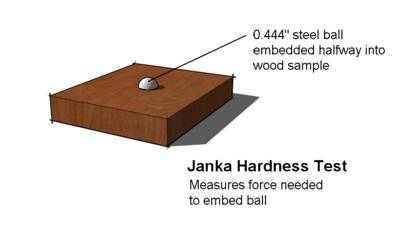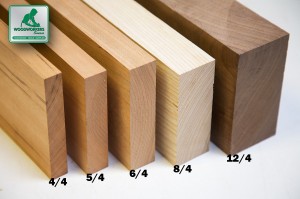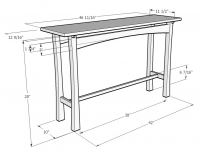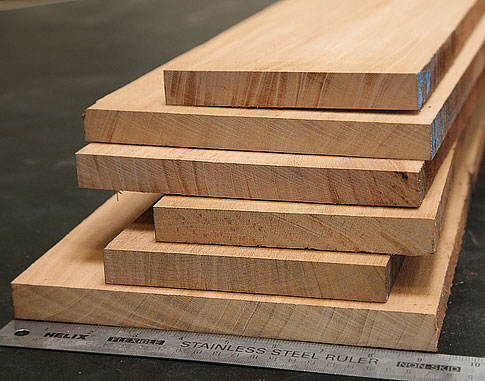
$8.00 ea.
mix/match strips and squares
(48 U.S. Ground)
Delivery & Pick-Up Options
Log in to see delivery dates
Ready NEXT DAY - Tempe, Phoenix or Tucson
Schedule it during checkout
Why Choose Iroko?
Iroko offers superb weathering properties and a wonderful earthy burnished-brown color. Consider it the best alternative to high-priced teak. Medium to coarse texture with an interlocking grain that often produces interesting patterns. Open pores could be filled for a smooth finish, or left alone for a natural texture. Expect the wood to work easily with both power and hand tools.
Get ready to work with the finest wood squares you've ever seen, they're ready to be turned into whatever you can imagine, such as furniture parts, table legs, small accessories, handles, artwork and other fine woodworking projects.
| Thickness | 1-3/4" (≈ 1-3/4" approx) |
| Width | 1-3/4" |
| Length | 12", 18", or 30" |
| Grade | Kiln dried, clear |
Woodworkers Also Recommend These
4.08
lbs /Bd. Ft.Wood Texture
Ease of Finishing
Color varies from pale golden brown to dark chocolate brown.
The tree is quite large and may reach 160 feet in height. The bole is straight, cylindrical, and may be clear of branches to 80 feet. Logs usually average about 30" diameter.
African Teak, Moreira, Abang, Doussie, Mvule, Iroko, Mvuli, Kambala, Odum
Boat building and marine work, furniture and cabinet work.
The Joys of Building with Great Woods
Understanding hardwood lumber starts right here with these wacky fractions.
If you're expecting perfect clear lumber 100% of the time, you're in for a surprise. Here's a summary of the hardwood lumber grades and what to expect from them.
Board feet isn't your everyday kind of math, but these three simple steps make it easy to figure out your project.
Here's a handy (and free) Excel worksheet that helps you estimate the lumber needs for your project.
Are woods poisonous? Hazardous to use in cutting boards or baby cribs? Find out here.
Wood is like a sponge, and it's always in a state of absorbing or releasing moisture to stay equalized with its environment. The problem with that is it also swells and shrinks. Here's what you need to know to protect your project.















